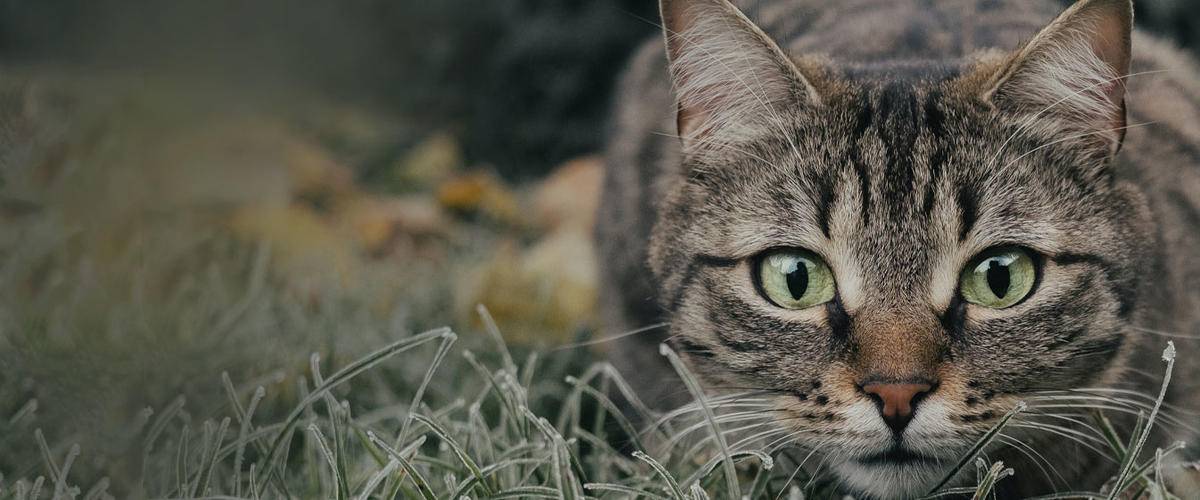
January 18, 2021 – For more than 70 years, Morris Animal Foundation has been a global leader in funding studies to advance animal health. With the help of generous donors like you, we are improving the health and well-being of dogs, cats, horses and wildlife around the word.
Emergencies, Timing & Outcomes
Does surgical start time for emergency surgeries (normal versus after-hours) influence patient outcomes? A retrospective study by University of Florida researchers of more than 500 pets found afterhours emergency surgery in dogs was not associated with increased risk of complications and survival. However, cat patients having emergency surgery during regular hospital hours had a higher risk of complications that warrants further study and discussion. (Journal of Veterinary Emergency and Critical Care, July 2021)
Chronic Kidney Disease
Anecdotal evidence suggested the acid blocker omeprazole had positive effects on controlling the nausea, vomiting and anorexia associated with chronic kidney disease (CKD) in cats. Texas A&M University researchers found that once-daily omeprazole does not markedly increase appetite in anorexic CKD-affected cats. Data also indicates omeprazole should not be used as a first-line treatment for gastrointestinal symptoms in CKD cats that have no evidence of gastrointestinal ulceration. (Journal of Veterinary Internal Medicine, September 2021)
Flying Horses
Different rules exist for transport of unbroken (unhandled) and broken horses, but properly distinguishing between the two can be challenging. Italian researchers from the University of Bologna and the University of Milano developed a reliable behavior test based on approaching, haltering and handling a horse. This new tool will help ensure appropriate transport procedures are followed, reducing potential risk of injuries to both unbroken horses and handlers during transport. (Animals, August 2021)
Lions, Virus & Parasites, Oh My
Oregon State University researchers are studying feline immunodeficiency virus (FIV) infection (similar to HIV in people) and coinfections in free-ranging African lions. FIV is common in African lions, but the consequences of infection were unknown, including how coinfections influence disease in FIV-infected animals. The team found FIV-infected lions had more types and abundance of secondary parasites, and that coinfections contributed as much as FIV to illness in the study population. (International Journal for Parasitology, December 2021)




